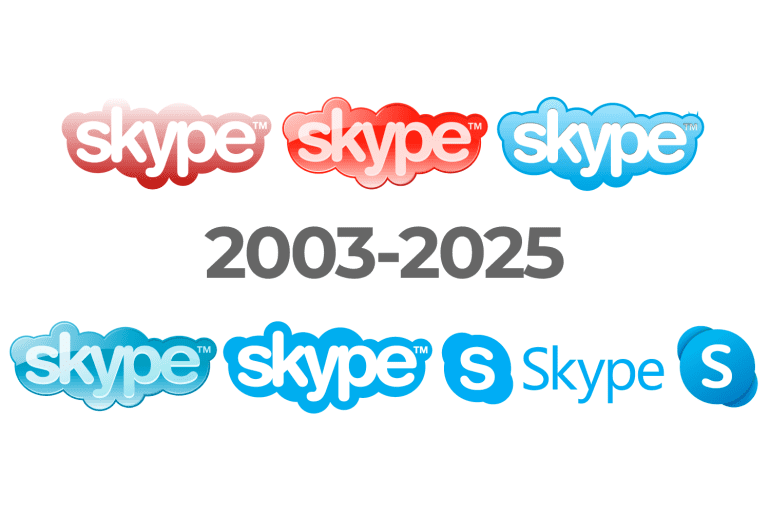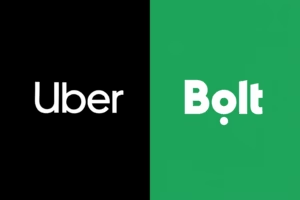After more than twenty years connecting people across the globe, the internet calling pioneer Skype was officially discontinued on 5 May 2025, as confirmed by Microsoft. The technology giant has decided to channel its efforts toward its increasingly popular Teams platform, bringing an end to a service that once revolutionised online communication.
Skype’s journey began in August 2003 when founders Niklas Zennstrom and Janus Friis, alongside four Estonian developers, introduced a novel idea to the world. Their creation enabled users to make free or inexpensive voice and video calls via the internet, a groundbreaking concept at the time. The software’s name was inspired by the phrase “sky peer-to-peer,” which encapsulated its method of facilitating communication.
As Skype gained traction, it swiftly became a household name. Millions embraced the service for both Skype-to-Skype conversations and calls to conventional landlines and mobile devices. By the middle of the 2010s, it had secured a formidable user base.
“At its peak, Skype had more than 300 million monthly users in the mid-2010s and was widely regarded as a pioneer in internet-based communication.”
The platform’s success underscored a new era in global connectivity, bringing distant friends, families, and businesses closer together.
Over the years, Skype’s ownership changed hands multiple times. Its most significant acquisition came in 2011 when Microsoft purchased the company for a staggering $8.5 billion. The acquisition marked the beginning of a strategic shift in Microsoft’s communications strategy.
While Skype continued to operate for years under Microsoft’s umbrella, the focus gradually turned toward developing and promoting Microsoft Teams. Originally designed to cater to professional collaboration, Teams began expanding its appeal to casual users as well.
The competitive landscape, however, evolved rapidly. New entrants and existing platforms alike intensified the battle for digital communication supremacy.
“The rise of competing services such as Zoom, WhatsApp, FaceTime, and Google Meet ultimately contributed to Skype’s declining popularity in recent years.”
With these platforms offering robust and often more integrated solutions, Skype’s influence started to wane.
The decision to discontinue Skype was announced in late February 2025. At that time, Microsoft encouraged existing users to transition seamlessly to Teams, offering tools to preserve their communication histories and contacts.
“In late February 2025, Microsoft announced that it would shut down Skype and urged users to transition to Teams, allowing them to keep their old contacts and chat history.”
The company clarified that data migration support would remain available until January 2026. Beyond this date, all remaining Skype data will be permanently erased.
✖️📹 – 𝗩𝗜𝗗𝗘𝗢 𝗖𝗢𝗡𝗙𝗘𝗥𝗘𝗡𝗖𝗜𝗡𝗚 𝗜𝗡 𝟭𝟵𝟵𝟰❗️
ShareVision PC3000 by Creative Labs demonstrated on “The Computer Chronicles,” 1994.This is like a very early version of Skype.
Do you remember Skype ?
Or MSN messenger ? Yahoo ? Hotmail ?✖️How many years / how far… pic.twitter.com/ZCuZ3LR0xh
— Yan.x | ॐ (@euphorio_) February 10, 2024
Despite its gradual fade from prominence, Skype’s closure resonated deeply with many who grew up or worked with the platform. Social media platforms saw an outpouring of nostalgia and tributes as news of the shutdown spread.
“Despite its decline, many users have shared tributes to Skype on social media, calling its shutting down ‘the end of an era’ and reminiscing on how it was one of the first programs they used to stay in touch with friends, loved ones, and colleagues.”
Among the tributes, one poignant message captured the sentiment felt by countless former users:
“Fly high, frozen blue screen – you weren’t perfect, but you were our first,”
The statement echoed the affection and familiarity many had developed with the platform, imperfections and all.
While Skype’s story has concluded, its legacy remains deeply intertwined with the history of internet-based communication. Microsoft’s transition to Teams reflects broader shifts in user needs and technological advancements. Where once Skype led the charge, newer platforms now dominate a landscape defined by integration, security, and flexibility.
For many, Skype will be remembered not only as a tool but as a symbol of a period when online calling became mainstream. Its departure marks the closing of a meaningful chapter in digital history, yet its spirit lives on through the technologies and habits it helped cultivate.

















